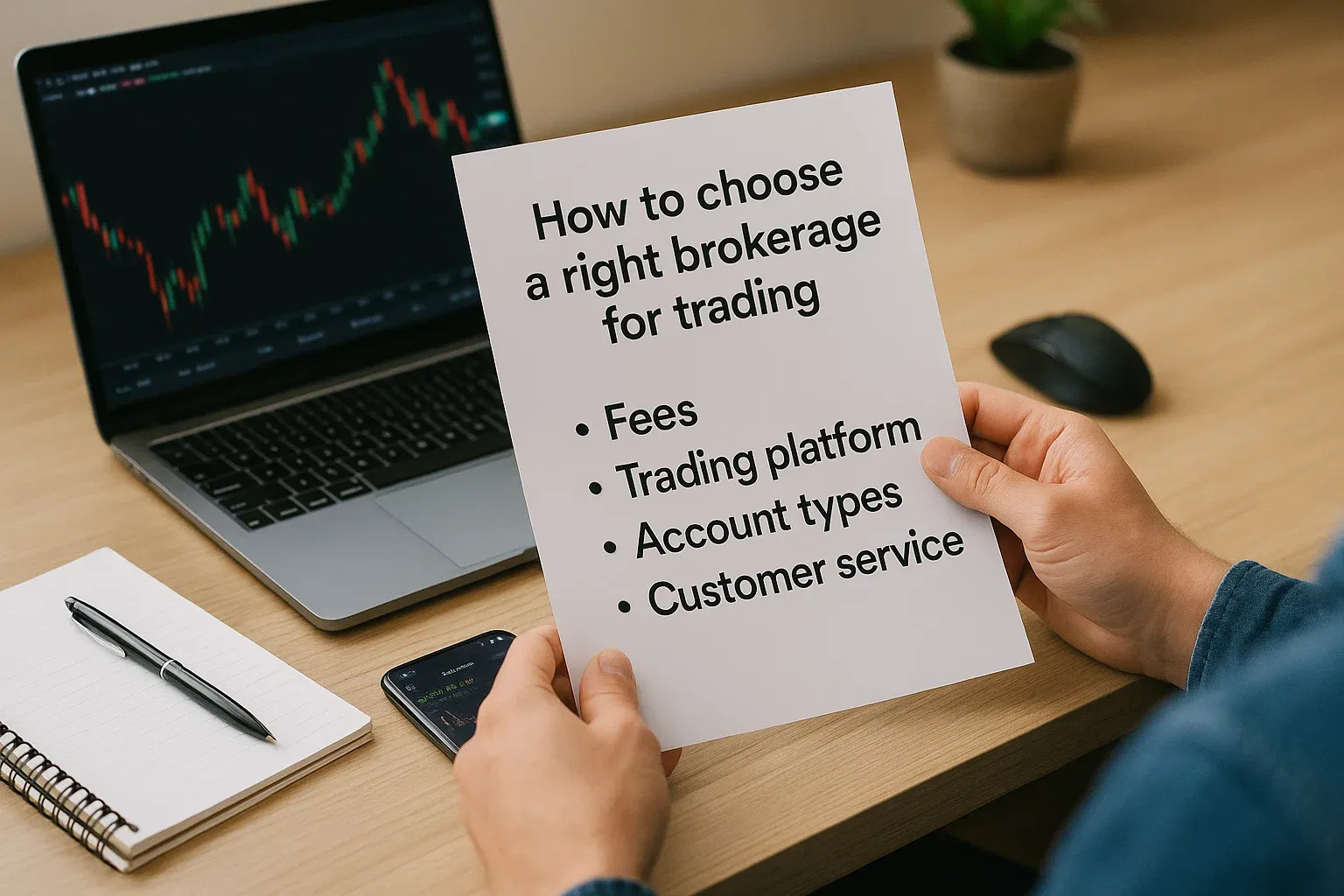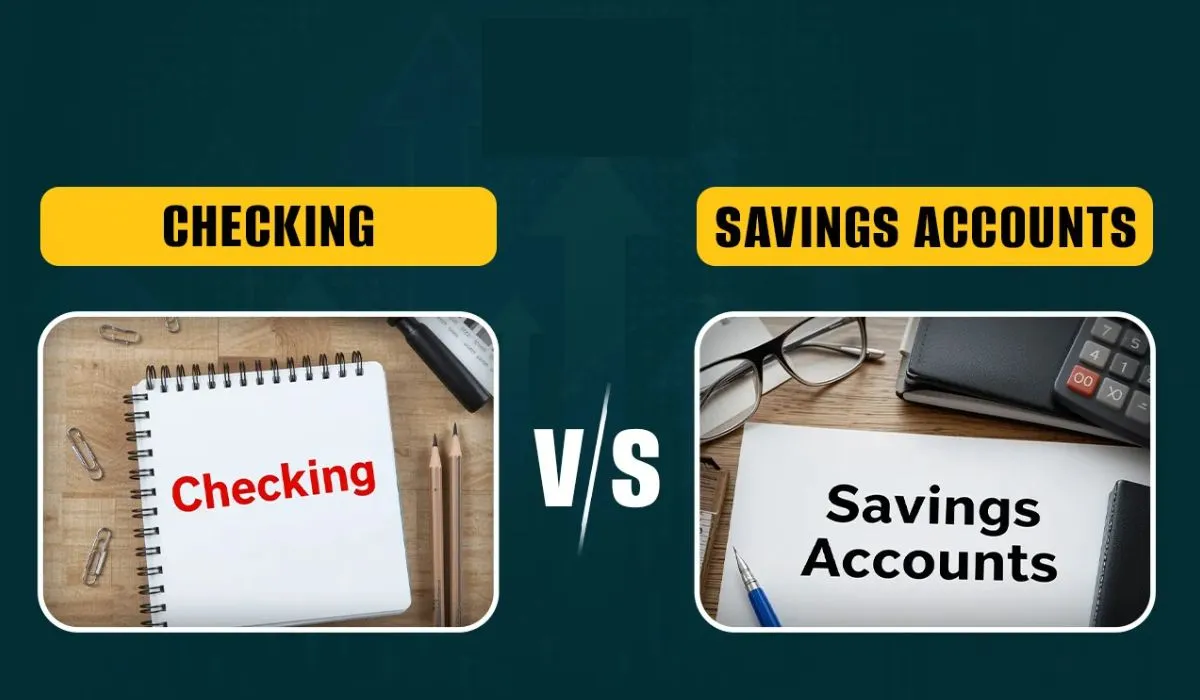Money is needed for investments. But it's merely more than the money you first invested. Most individuals forget about the associated costs and just consider their initial investment or purchase price.
In the financial industry, these costs are frequently referred to as brokerage fees. Here's a basic overview of how brokerage fees operate with different sorts of firms.
How Do Brokerage Fees Work?
Any commissions or fees that your broker charges you are known as brokerage costs. Also called broker fees, they are generally levied whenever you purchase or sell shares and other investments, or complete any discussions or delivery orders. Additionally, some brokerages charge for consultations.
Typically, brokerage fees are assessed as a percentage of the completed transaction or as a fixed fee. They might occasionally be a cross between the two of these kinds.
Remember that the costs could change depending on the broker and the sector. Before completing any transactions, it's a good idea to inquire so you know how much money you will need to pay out of pocket.
Brokerage Fee Types

Not all fees are included in the same bundle. You may see the following under your brokerage contract or regular statements:
-
Annual Fees: These are costs that investors may have to pay each year to keep their brokerage accounts open. Annual fees may be used to pay for customer support services, trading platform access, and administrative expenses related to account upkeep.
-
Research Fees: To assist investors in making wise trading decisions, certain brokerage firms provide research and analytical tools. Access to premium research reports, investment data, market analysis, and other research-related services offered by the brokerage business may be subject to research costs.
-
Inactivity Fees: Investors may be charged inactivity fees if they do not make trades or keep their accounts active for a predetermined amount of time. These charges are intended to offset the expenses of keeping dormant accounts open and encourage consistent trading activity.
-
Fund Fees: The costs related to maintaining and running mutual funds and exchange-traded funds (ETFs) can be borne by investors who make these types of investments. Generally speaking, fund fees cover management fees as well as other operational and administrative expenditures.
-
Account fees: These costs help to offset a variety of service- and administrative-related costs that come with keeping up a brokerage account. Fees associated with opening, closing, moving money, and other account-related activities are examples of account fees.
-
Expenses Based on Add up to Resources Beneath Administration (AUM): Certain speculation advisors and brokerage firms require expenses that are decided on the add up to sum of resources beneath administration.
-
AUM expenses are frequently evaluated on a month to month or yearly premise and are computed as a rate of the investor's add up to resources. These costs are commonplace for exhorting accounts and resource administration administrations.
Factors That Influence Brokerage Fees
A number of important factors could affect the brokerage costs that are assessed. The more important ones are generally mentioned below, however this list is not meant to be all-inclusive of the variables.
Type of Asset
There may be variations in the charge structures attached to various financial asset kinds. For instance, a commission fee is often assessed by brokerage houses when purchasing or selling stocks.
This charge may be expressed as a percentage of the trade value or as a fixed sum each trade. The main source of income for forex brokers is spreads, which are the variations in the prices of purchasing and selling currency pairs. Conversely, trading futures and options contracts could entail various charge structures, like per-contract costs.
Volume of Trading
Customers of certain brokerage firms can take advantage of volume-based discounts, in which the commission per trade drops as trading volume rises.
This can save active investors money and encourage high-volume traders to make more trades. Discounts based on volume could be tier-based, meaning that varying fee rates would be applied to varying trading volume levels.
Brokerage Company
The degrees of service and cost structures offered by various brokerage firms differ. This implies that the range of services provided, target client segments, and business models will all influence brokerage fees.
Later in this post, we'll go into more detail regarding the two primary categories of brokerage firms: full-service brokerage firms and discount brokerage firms.
Trading Platform
Finally, costs may differ according to the trading platform that investors choose. More fees or subscription expenses may apply to sophisticated trading platforms with complex features, sophisticated charting tools, and real-time market data.
Be aware that certain brokerage firms provide their clients with proprietary trading platforms when selecting one. This could be a contributing factor to the increased brokerage fees since the company must recoup maintenance expenses for that program.
Broker Fees for Full-Service
Commissions are given to full-service brokers. The transactions they carry out on behalf of their clients determine these costs. You spend more at a full-service broker for guidance, instruction, and research. It's critical to keep in mind that full-service brokers work in sales.
There are several methods that full service brokers might impose their fees. As previously indicated, for instance, they have the option to charge per transaction (i.e. $x per transaction).
Moreover, yearly fees of x% may be assessed, contingent on the portfolio's valuation. Keep in mind that those numbers will differ significantly between companies; if this is something you're interested in, it would be better to receive appropriate price quotations by getting in touch with local companies in your area that can meet your particular requirements.
Because they will be paid more to manage the assets in your portfolio as they grow, full-service brokers will also be motivated to perform well. The top full-service brokers are listed on Investopedia in case you're interested in this market.
Read Also: How To Open A Brokerage Account Online
Discount Broker Fees

As the internet grew in popularity, discount brokers gained popularity. With only a button click, you can trade with ease using the internet portals used by the majority of these brokers.
By and large talking, most deal brokers do not give contributing exhortation. This demonstrates that compared to conventional full-service brokers, costs are ordinarily significantly lower.
Online markdown brokers charge exchanging expenses extending from $4.95 to $20, with the larger part falling between $7 and $10. Since rebate brokers some of the time decrease their expenses in an exertion to draw in more clients and increment their showcase share, this rate is subject to alter. A few indeed give free trades.
Discount brokers can save you a significant amount of money on transaction expenses if you do your research. The top discount brokers are listed on Investopedia for people who are interested in this market.
Conduct Independent Research
Although the majority of investors don't bother to read Securities and Exchange Commission (SEC) filings, doing so is highly recommended because the material included in them is equivalent to passing an open-book exam.
You have the answers at your disposal. A public company's SEC filings, as opposed to press releases, are required to provide the facts. Researching stocks is comparatively simple as a result.
Find the greatest solutions that suit your unique investing style by doing some study. This implies that you shouldn't follow a trend or the direction of the market just because it seems popular to do so. Any action you take must be in line with your objectives.
If the market as a whole is doing well, revenue growth is typically the main driver of stock price appreciation. Revenue growth is highly attractive to traders and investors in bull market conditions.
However, net income growth and a solid balance sheet will probably be essential for success if the overall market is chilly. In these conditions, traders and investors often flee to safety in anticipation of dividend payments and share buybacks. Again, though, make sure that your movements are consistent with your style.
FAQ's- Brokerage Charges UPS
How Are Brokerage Fees Calculated?
The kind of asset being traded, the quantity of the trade, and the fee schedule of the brokerage business are some of the variables that affect how brokerage fees are calculated.
Can Brokerage Fees Vary Depending on Trading Volume?
With volume-based discounts, the commission per trade drops as trading volume rises at certain brokerage houses. As a result, traders with large volume may qualify for reduced commission rates, which might encourage more trading activity and cut down on overall trading expenses.
Do Brokerage Firms Offer Commission-Free Trading?
In the case of stocks, mutual funds, or exchange-traded funds (ETFs), commission-free trading is indeed provided by select brokerage firms for specific asset classes or accounts.
In an effort to stand out from the competition and draw in customers, brokerage houses are offering commission-free trading more and more frequently.
Are There Additional Fees Besides Commission Fees?
Indeed, in addition to commission, investors working with brokerage services may pay other expenses. These costs may consist of AUM, fund, research, inactivity, account maintenance, and fund fees.
Ask the broker for a detailed list of all their fees as soon as you start working with them, along with information on when each price might be assessed.
Conclusion
The internet has brought about a lot of changes in the banking sector. This extends to our trading practices. Previously, you had no choice except to work with a full-service broker.
Financially astute individuals can now choose from an abundance of possibilities if they wish to trade independently—and frequently at a lower cost. If you do choose to use a broker, be aware of the fees they may impose and the circumstances behind those fees.










